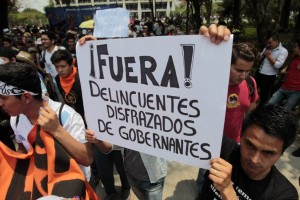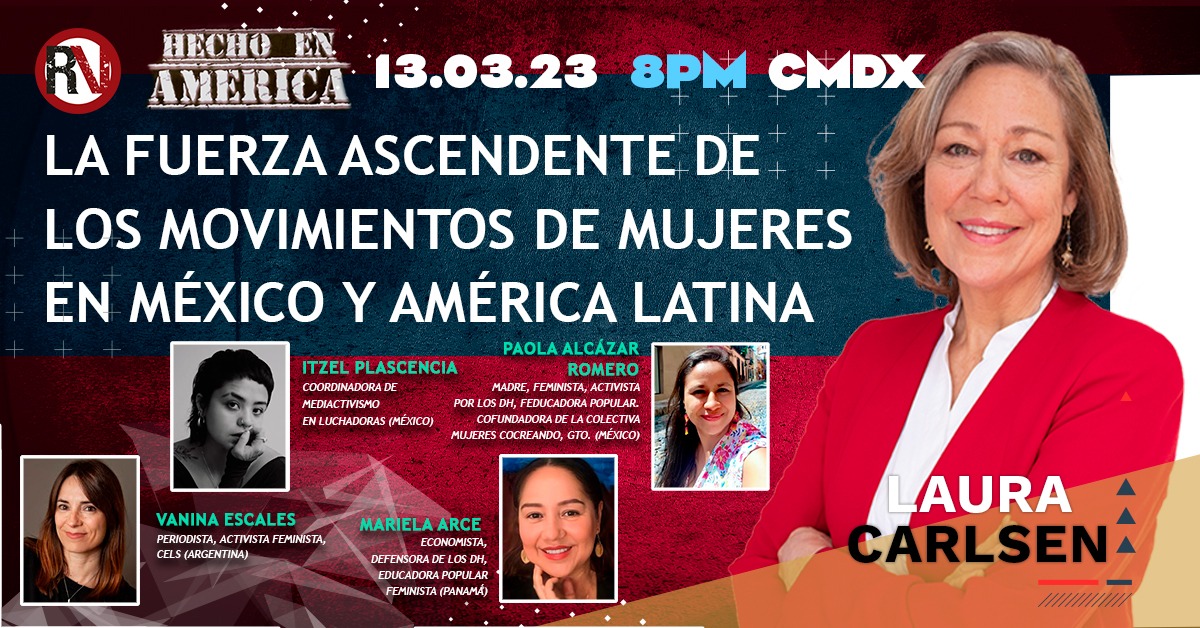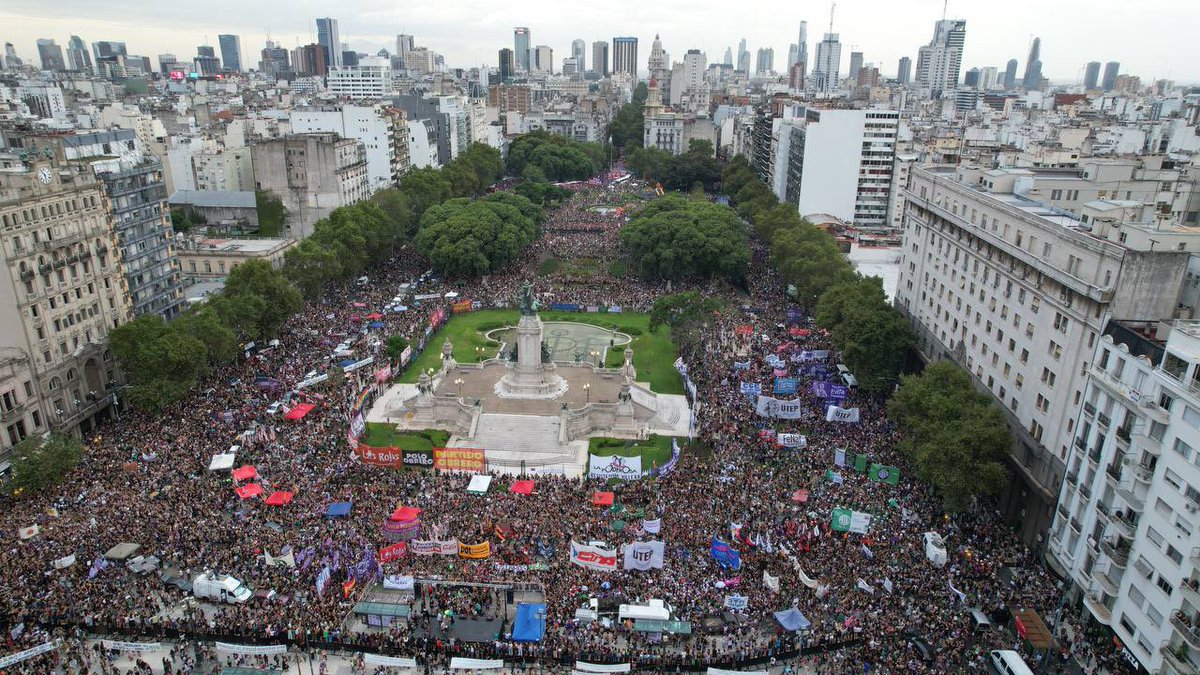 Guatemala celebrates the resignation of Otto Pérez Molina
Guatemala celebrates the resignation of Otto Pérez Molina
On Sept. 2 the demands of thousands of Guatemalans culminated in the resignation of President Otto Pérez Molina. The demands had been mounting since last April and the crisis came to a head when the International Commission Against Impunity (CICIG) and the Public Ministry (MP) revealed the participation of high-ranking government officials in a customs fraud scheme known as “La Línea.”
Tremendous grassroots pressure and other factors converged to lead an arrest warrant against vice president Roxana Baldetti and the flight of her private secretary. Baldetti was forced to resign and thrown in jail. Finally, pressure from many sectors of society built for the president, Otto Pérez Molina, to assume the corresponding penal responsibility and led to his resignation and the beginning of a legal process against him.
The beginning of the hearings was emotional for a wide sector of the population who, despite the good news, has not stopped protesting government corruption and calling for significant institutional reforms in the country. As a woman said on Sept. 3 in the central square, “Today we’re barely starting a process to take back the Guatemalan state so it takes into account all parts of society. This is just beginning.”
The corruption that was revealed has been known for decades and has deepened over the last few governments. But what had to come together for a change of this magnitude to occur?
On the one hand, although corruption in the three branches of government—executive, legislative and judicial—has allowed organized crime to control the country from the center to the local powers, the shamelessness and the hubris of high-level officials of this administration, particularly the vice president, provoked the indignation and discontent of thousands of people and even of government officials. They didn’t only steal, but they did it shamelessly, and they pressured all levels to get their slice of the state’s shady business. This created the conditions for a strong opposition to their government.
________________________________________________________________
The shamelessness and hubris of high-level this administration provoked the indignation and discontent of thousands of people
________________________________________________________________
This effrontery and the revelation that Juan Carlos Monzón, the private secretary of the vice president, fled when he was accompanying the vice president to receive an honorary doctorate in South Korea, awoke the indignation of broad urban sectors. On April 25, nine days after the CICIG made the involvement of Monzón in the fraud ring public, they arrested 20 government officials, including directors of the agency in charge of tax collection and officials of the judicial system. On that same day, people from all walks of life launched demonstrations turned out to demonstrate many sectors of the society began demonstrating every Saturday in Guatemala City’s central square. At the demonstration’s height, there were 70,000 protesters.
Responding to a call from students at the National University and other universities through social networks, diverse sections of the populations joined together for the first time in history. These included private universities, women’s organizations, indigenous organizations, and eventually, the private sector. The various sectors came together to demand the president’s resignation and an end to corruption. These voices were soon joined by a broad range of sectors from Guatemala’s main departments. Such a diverse movement could not be ignored (as the many demonstrations by women, indigenous organizations and peasants that have taken place for years have been ignored).
In this context, the CICIG began to assert its leadership and openly supported the Attorney General. This support became more and more evident thanks to the media. It was accompanied by appearances by the U.S. ambassador demanding an end to the corruption while insisting at the same time in the maintaining institutional channels faced with a fear of a grassroots insurrection. It is important to highlight the role that the United States has played with the goal of assuring a climate favorable for applying the Alliance for Prosperity program announced for the three countries of the Central American northern triangle.
The unprecedented multi-sector agenda began to show some fissures when the different sectors’ interests become evident. The tension became palpable when campesino organizations blocked highways demanding reforms to the electoral law. The Committee of Agricultural, Commercial, Industrial and Financial Associations (CACIF), the largest business association, responded by filing a grievance against the campesino organizations.
Now the pressure has finally broken. In the final hours of Sept. 2, Otto Pérez Molina succumbed to demands for his resignation. Early the next morning, he attended his first hearing regarding corruption charges, after which the judge will decide whether or not to open a formal judgment against him. At this point, it seems very likely that he will face trial.
Congress heard and accepted his resignation and almost immediately named his successor, vice president Alejandro Maldonado Aguirre. Aguirre will serve as president until next Jan. 14 when the new administration, chosen in a general election on Sept. 6, will take power. Legislators and municipal governments elected in the Sept. 6 election will also take office then.
The new president prepared a shortlist of three conservative academics to occupy the role of vice president during the period of transition, which he will present in the next few hours to the Congress. The résumés of the shortlisted candidates are more academic than political, with the exception of Raquel Zelaya, analyst and participant in various social initiatives and also know for her connection with Opus Dei.
Various sectors repeatedly demanded the cancellation of elections (with the slogan in these conditions we don’t want elections), and the revocation of the mandate of LIDER, the party that until recently was leading in the polls. This demand for cancellation was based on the fact that, according to the Supreme Electoral Tribunal, LIDER had vastly exceeded the spending limits for the campaign. Also, according to the CICIG and the MP, LIDER’s candidate for vice president, who was the director of the Bank of Guatemala, is involved in acts of corruption and money laundering.
With the political system discredited, the call to abstain, or to annul ballots, is significant. All of the candidates that have the possibility of winning represent the political right or are linked to the military and face accusations of shady connections. Not even Sandra Torres, the ex-wife of former president Alvaro Colom and founder of the National Union of Hope party, which presents itself as social democratic, is exempt from these criticisms.
In this situation, the most important thing is that wide sectors of Guatemalan society express themselves and break the silence that has dominated the population’s participation for decades. This silence was born from fear, oppression and repression by successive military governments (Zury Ríos is perhaps the one who most clearly expresses these links, as the daughter of Efraín Ríos Montt, prosecuted for genocide). It also comes from the marginalization lived by the majorities and particularly by indigenous people, in a society and a state that is structurally racist and profoundly divided by inequality.
________________________________________________________________
The most important thing is that wide sectors of Guatemalan society express themselves and break the silence that has dominated the participation of the population for decades
________________________________________________________________
This process has united, for example, indigenous leaders with students, students from public and private universities, women from various sectors and organizations, among many others—a wide cross-section of the population that, for the first time, is demonstrating and responding to calls for action. These dynamics have fortified the will of many people and made them conscious of their own power to affect change.
No matter what happens on the political scene in the next few months, and whatever the character of the new government, government officials and the private sector now know that the citizenry will be watching, and that the impunity with which they once acted cannot continue without provoking protest and stirring up pressures in the future.
The deep reforms that the State requires to confront impunity and corruption represent the most important challenge for the transition government, as the basis and source of leverage for the next government. These reforms will include a purge of the judicial branch and a law of civil service to guarantee the suitability of public operations and officials. They must also include the law on elections and political parties that could not be passed before the elections and so would not come into effect until the next elections. This law would lay the groundwork to assure that the deputies who are currently running for reelection (about a third of current deputies) act with more caution before the end of their term.
But the structural embedding of organized crime in the state will require the convergence of many factors and actors, including a sustained role of the CICIG in investigation and prosecution and continued firm action by the Public Ministry, including a purge of itself, and cooperation on the part of the population for permanent vigilance of the state.
The deep changes that the country demands to confront social inequality and environmental degradation, and assure the active participation of indigenous peoples, among others, will probably generate confrontations between the sectors that today are united. But the faces of the new and diverse alliances and social forces, like the evidence of the need for profound change, have already changed the face of the country.
________________________________________________________________
Guatemalan society is proud of its achievements and they need to be celebrated
________________________________________________________________
Guatemalan society is proud of its achievements and they need to be celebrated. The impact of Guatemalan society becoming aware of its own power will surely reinforce struggles in other countries of the region that face similar processes, particularly Honduras. The role of the CICIG in the whole process, and its influence at this critical moment have been evident and breathe life into the critique that intervention by the international community plays a role in the fight against corruption and impunity. Its credibility also depends on the continuity and the coherence of its action plan.
It remains to be seen if the United States and the national and transnational economic powers will recognize that it will be impossible to continue to exploit the resources of Guatemala and allowing inequalities to deepen without putting political stability at risk.
Here resides the main challenge in the globalized world.
René Otoniel Martínez is a Guatemalan writer and journalist.
Translation by Simon Schatzberg



